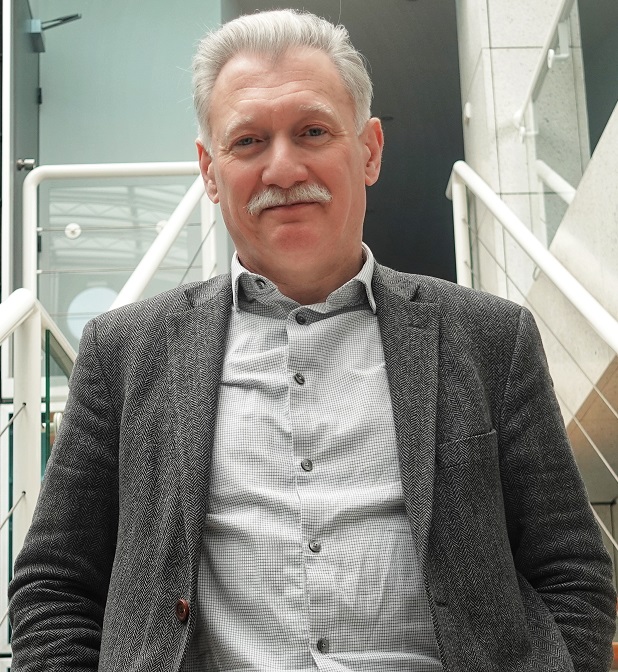
Address
615, rue du Jardin Botanique
54600 Villers-lès-Nancy
Contacts
- Phone : +33 3 83 59 30 00
How to apply
The centre has 20 project teams, divided between Nancy, Strasbourg and Saarbrücken. Its activities occupy over 400 people, scientists and research and innovation support staff, including 38 different nationalities.
Rooted in computer science and applied mathematics, Inria research and innovation projects cover everything related to digital science and technology:
In addition, the Centre will be supporting the development of the Inria branch on the Strasbourg site, with the following strategic objectives:
The center is a founding member of the I-site LUE (Lorraine University of Excellence). The center's project-teams are shared with the following academic partners: Université de Lorraine, Université de Strasbourg and CNRS.
They are attached to the following institutes and laboratories:
The centre also has numerous partnerships, with:
Situated 1h30 from Paris by TGV, Nancy is strategically located and offers quick access to major European cities. It is also 40 minutes from Metz, an innovative metropolis where the arts are omnipresent. The green spaces and a lake near the centre offer the possibility of numerous activities. Strasbourg, the Alsatian Eurometropolis, is one of the most attractive areas in France due to its economic dynamism, its mobility plan, with more than 600 km of bicycle facilities, and its quality of life. Alsatian gastronomy will delight gourmets, and its famous Christmas market will make the eyes of young and old shine.
General principles
As part of its policy of openness, every year Inria welcomes staff on delegation from the University of Lorraine, the University of Strasbourg or any other French university. The aim of this policy is to encourage mobility and mutual enrichment by welcoming lecturer-researchers to its teams with a view to a temporary stay. This campaign is not restricted to the digital sciences: it is open to all disciplines. In recent years, for example, we have welcomed teacher-researchers in the humanities and social sciences as delegates. The teams into which applicants can join (in Nancy or Strasbourg) are described on this page.
Hosting arrangements
Fellowships may be awarded on a full-time or part-time basis (100% or 50%). These placements may be renewed but are not intended to lead to integration projects. The terms and conditions of hosting are set out in an agreement between Inria and the home institution. This agreement also provides for Inria's financial contribution, the aim of which is to help fund the replacement of the teacher-researcher in his/her teaching role. This flat-rate contribution is €16,000 excluding VAT for a lecturer and €23,000 excluding VAT for a professor, for a one-year full-time stay.
Composition of applications
Applicants must submit their application in a single pdf file comprising :
Campaign timetable:
Your key contacts
For scientific matters :
For HR administration :
Inria is able to call upon talented individuals in more than 40 different research support positions in pursuit of its ambitions for human resources, administrative support, financial management and communication, and is proud of the 900 individuals on its support staff for research and innovation: truly the backbone of the institute.

Address
615, rue du Jardin Botanique
54600 Villers-lès-Nancy
Contacts
How to apply